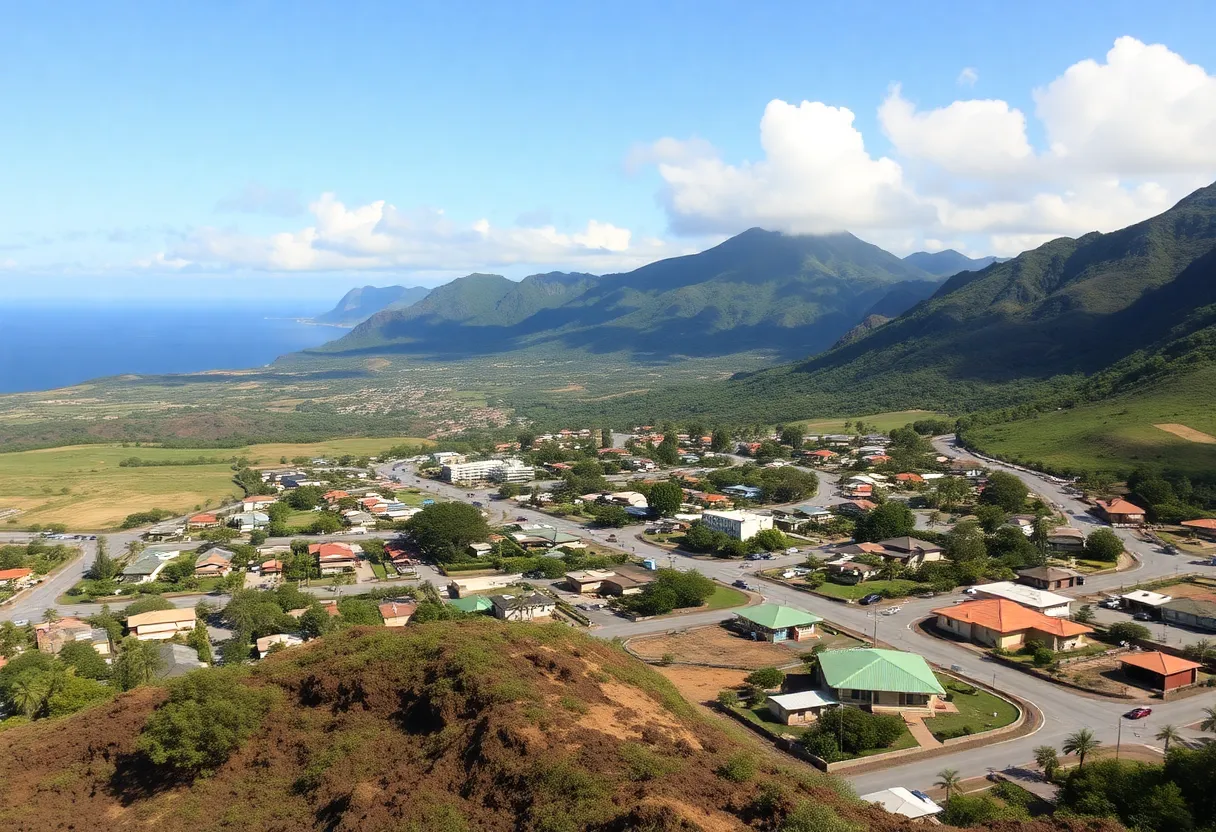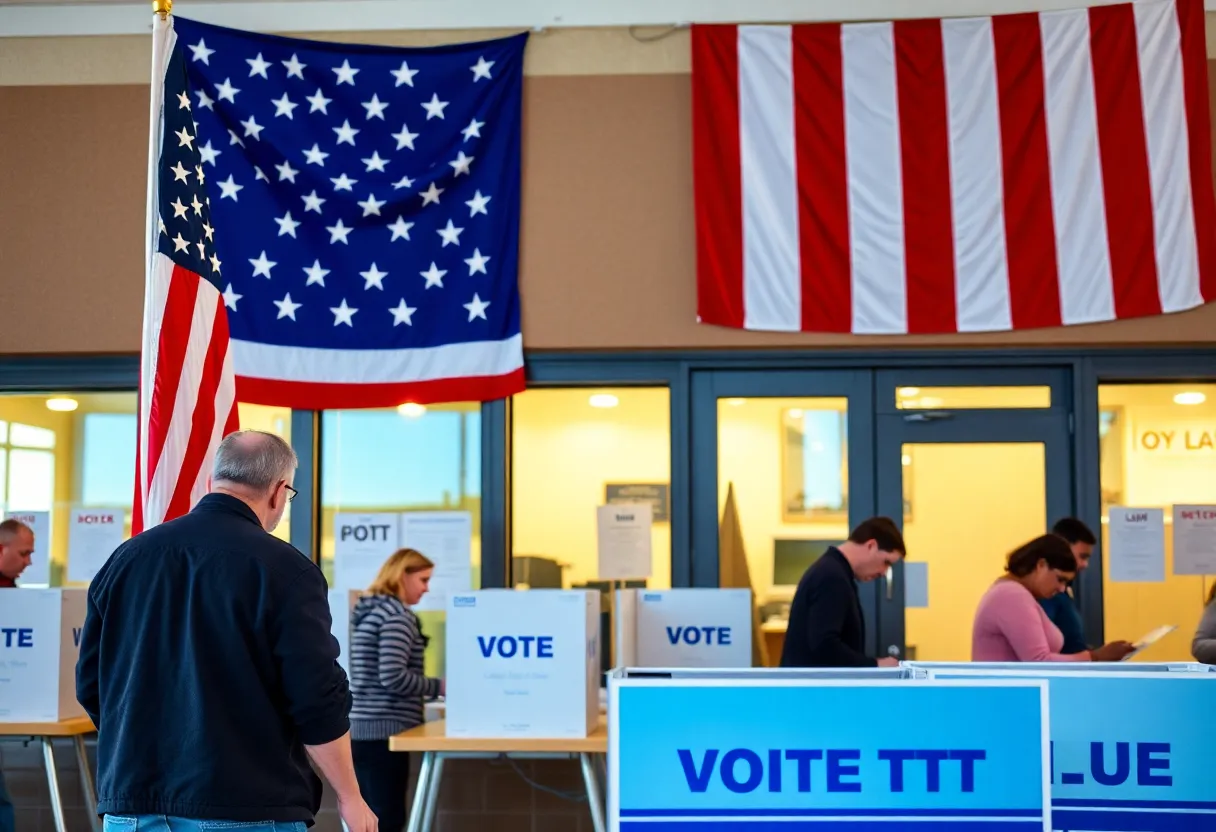News Summary
Hawaii Attorney General Anne Lopez, leading 22 other state attorneys general, is pressuring the federal government to release crucial FEMA funds for recovery from devastating wildfires. A renewed motion in U.S. District Court seeks to enforce a prior order mandating the release of funds already obligated for recovery efforts. The funding delays have adversely impacted vital support programs, raising concerns for survivors in need as the deadline nears.
*Hawaii’s Battle for FEMA Funds: What You Need to Know*
In an ongoing effort to help those affected by recent devastating wildfires, Hawaii Attorney General Anne Lopez has stepped into the spotlight leading a coalition of 22 other attorneys general. Their mission? To compel the federal government to unlock critical FEMA funding necessary for recovery on the islands. This situation has taken on a sense of urgency as those impacted continue to rally for support.
*What’s Happening?*
This coalition filed a renewed motion in U.S. District Court, aiming to enforce a previous order that mandates FEMA to release funds that have already been obligated for recovery efforts. The backdrop to this is a temporary restraining order that is currently in place, preventing the Trump administration from delaying or ceasing federal grants and loans that are crucial for state support programs.
Earlier this month, the court replaced that restraining order with a *preliminary injunction*, marking a significant step in the push for immediate access to funds. Attorney General Lopez emphasized that there’s a court order in place which prohibits FEMA from freezing or denying the distribution of *appropriated funds*, highlighting the legal weight behind their request.
*Impact on Recovery Programs*
The funding interruption has hit the Hawaii Department of Human Services hard. Their *Disaster Case Management Program (DCMP)*, which offers crucial assistance to wildfire victims through trained case managers, is in jeopardy. If the funds are not released soon, particularly by April 4th, the program may be forced to cease operations, leaving many struggling survivors in a tough spot.
Currently, the DCMP has 1,729 active cases, providing aid to 4,431 individuals. A recent policy shift means Hawaii has faced delays in receiving reimbursements—previously, it often got funds from FEMA within just a week. Now, the state is facing a stark reality of nearly 30 days without compensation. Without reimbursement by March 31, the future of the DCMP hangs in the balance, raising concerns around the support for wildfire survivors.
*The Fallout and Responses*
With tragedy on the line, the situation has drawn heated responses. Officials have commented that these delays are putting essential services at risk, affecting countless families trying to get back on their feet. The Deputy Director of DHS pointed out that this wait is jeopardizing thousands of wildfire survivor cases.
Meanwhile, President Trump has stirred the pot further with rumors of reorganizing or outright abolishing FEMA, possibly shifting disaster response authority to individual states. The Governor of Hawaii expressed his discontent, reiterating the necessity of FEMA as a partner in recovery efforts. He underscored the role FEMA plays in preventing homelessness and effectively structuring recovery.
*FEMA’s Role: A Double-Edged Sword?*
On one hand, FEMA has delivered nearly $500 million in direct support to wildfire victims thus far. However, recent discussions in Congress about additional funding could put more strain on FEMA’s capabilities regarding individual aid and long-term recovery.
The federal government has already spent an impressive $3 billion on recovery efforts, but the future looks a bit murky due to funding constraints. As debris removal in impacted areas is projected to be completed by February 2025, a focus remains on rebuilding infrastructure while honoring local cultural sensitivities.
As discussions continue in Congress about disaster relief funding, the potential implications for recovery efforts remain uncertain. On the ground, survivors and advocates are keeping a close eye on how this situation evolves, hoping for swift resolutions that will bring the needed support back to struggling communities. The Emotional toll is palpable, and the fight for necessary funds continues.
Deeper Dive: News & Info About This Topic
HERE Resources
States Unite to Push for Release of Federal Disaster Funds for Maui Wildfire Recovery
Hurricane Helene Recovery Assistance Now Available for Aiken County Residents
Michigan Faces Challenges as Federal Disaster Recovery Funds Frozen
FireAid Concert Raises $100 Million for Wildfire Relief
Additional Resources
- Spectrum Local News: Hawaii AG Coalition Files Motion to Unfreeze FEMA Funding
- Wikipedia: Federal Emergency Management Agency
- Hawaii News Now: Hawaii Governor Calls President’s Attack on FEMA Absurd
- Google Search: FEMA Funding Hawaii
- Government Executive: Maui Wildfire Recovery Effectively Paused Without Additional Funds
- Google Scholar: Disaster Relief Funding
- CNN: FEMA Disaster Funding Explained
- Encyclopedia Britannica: FEMA
- The Conversation: Could States Handle Disaster Response Without FEMA?
- Google News: Hawaii FEMA Funding 2025






